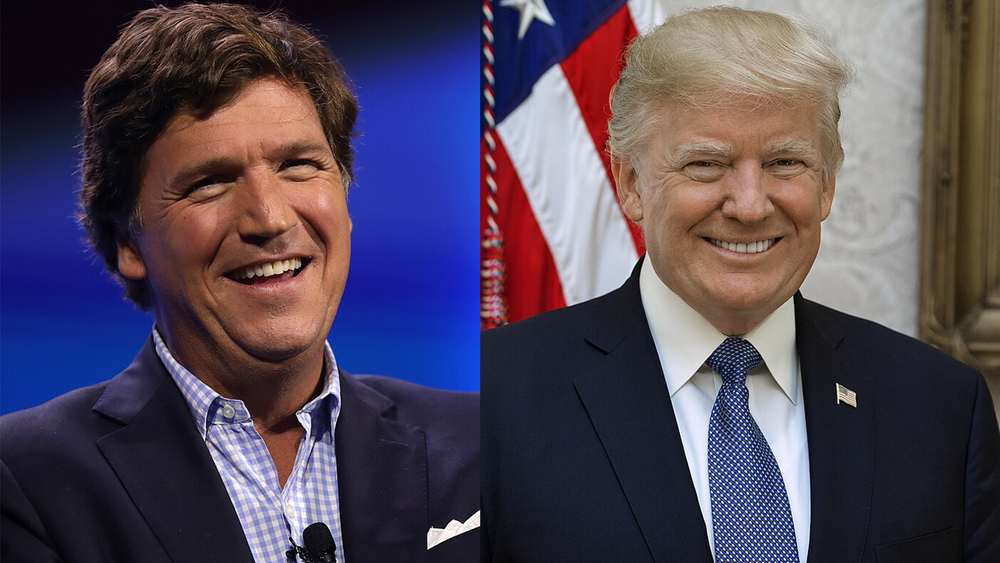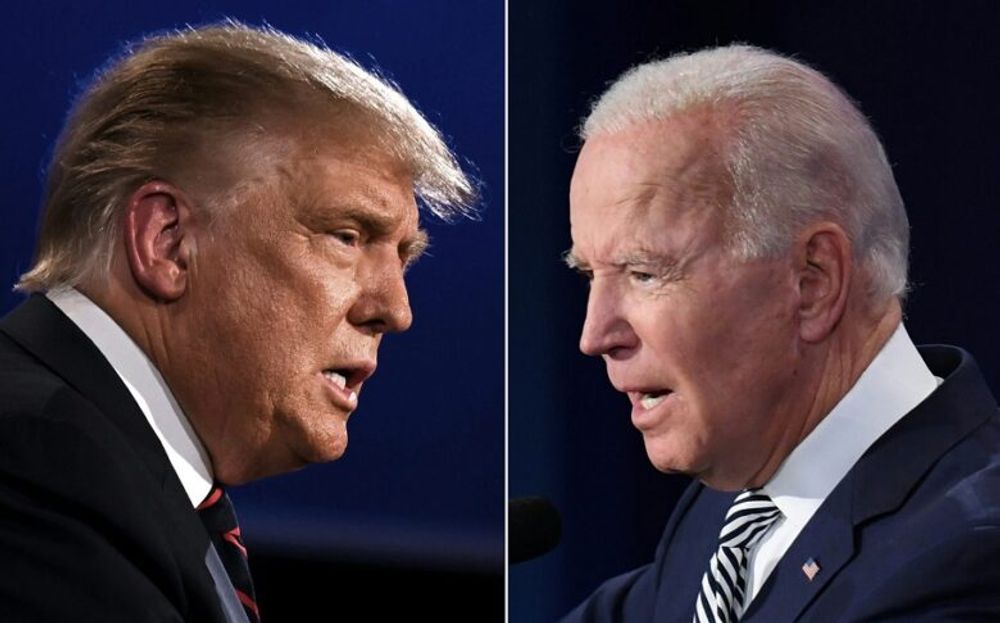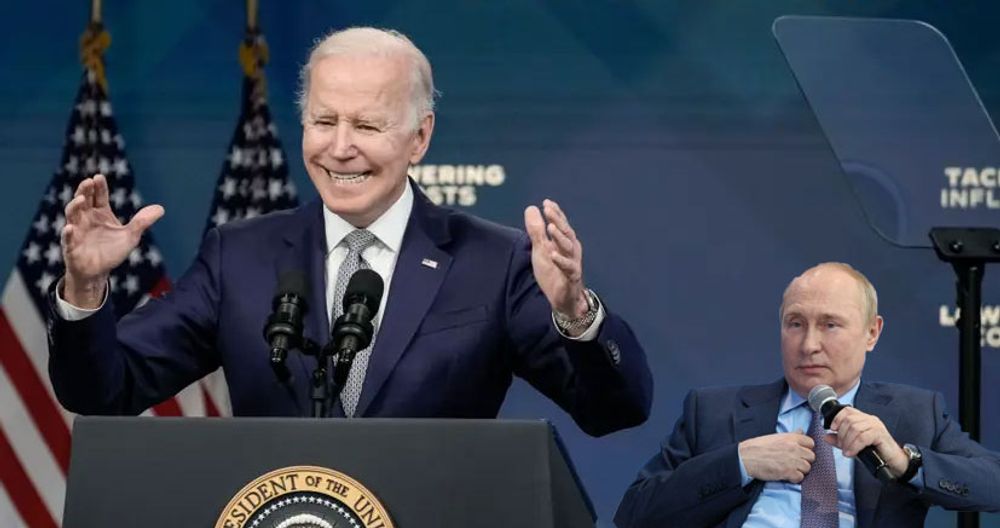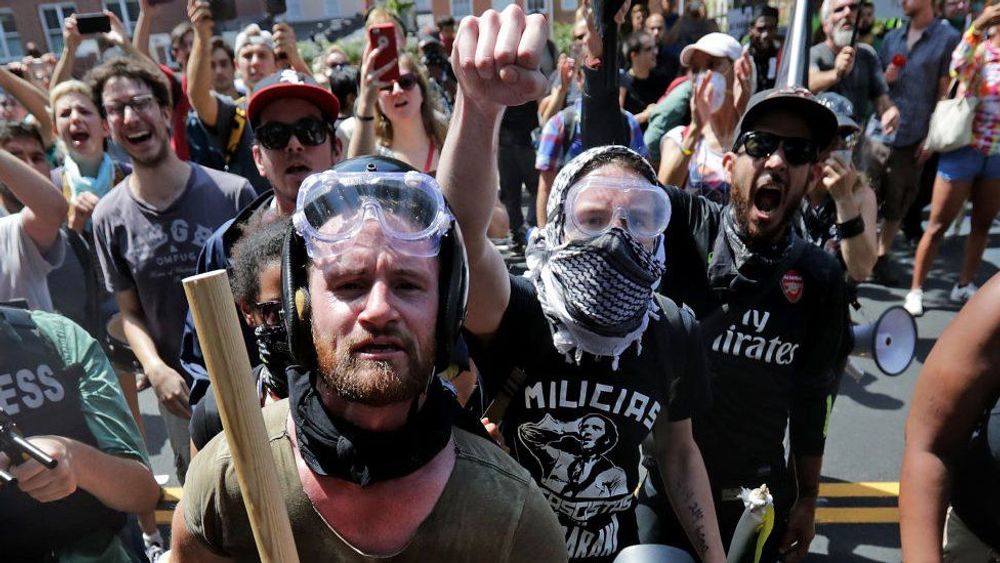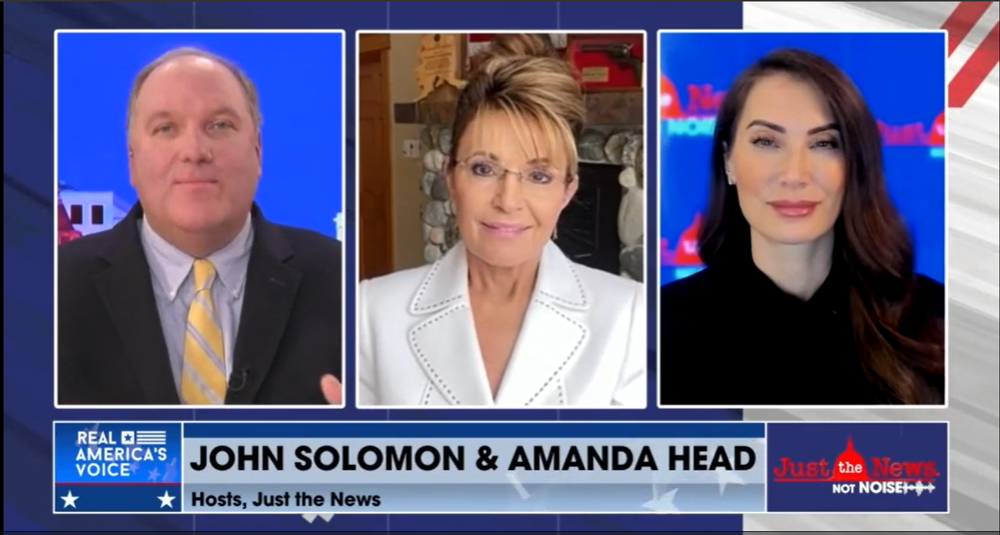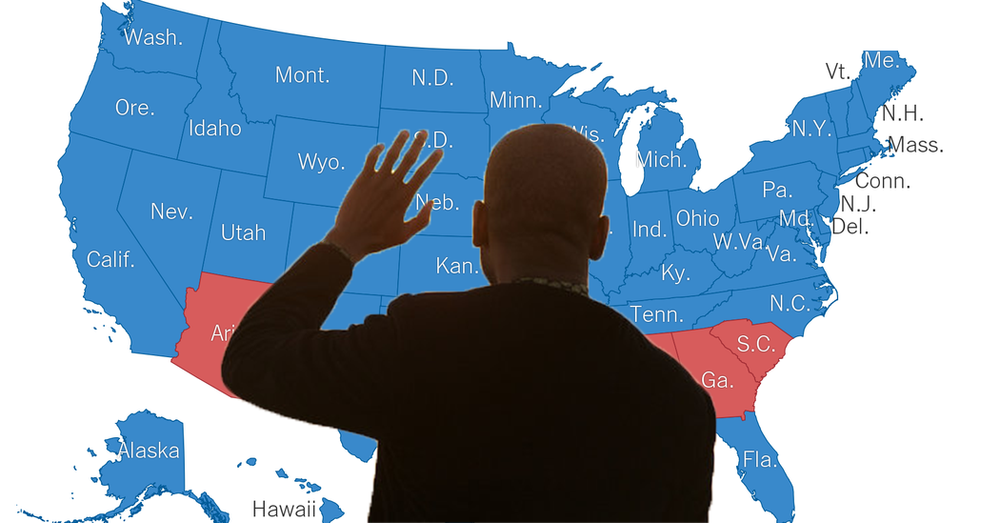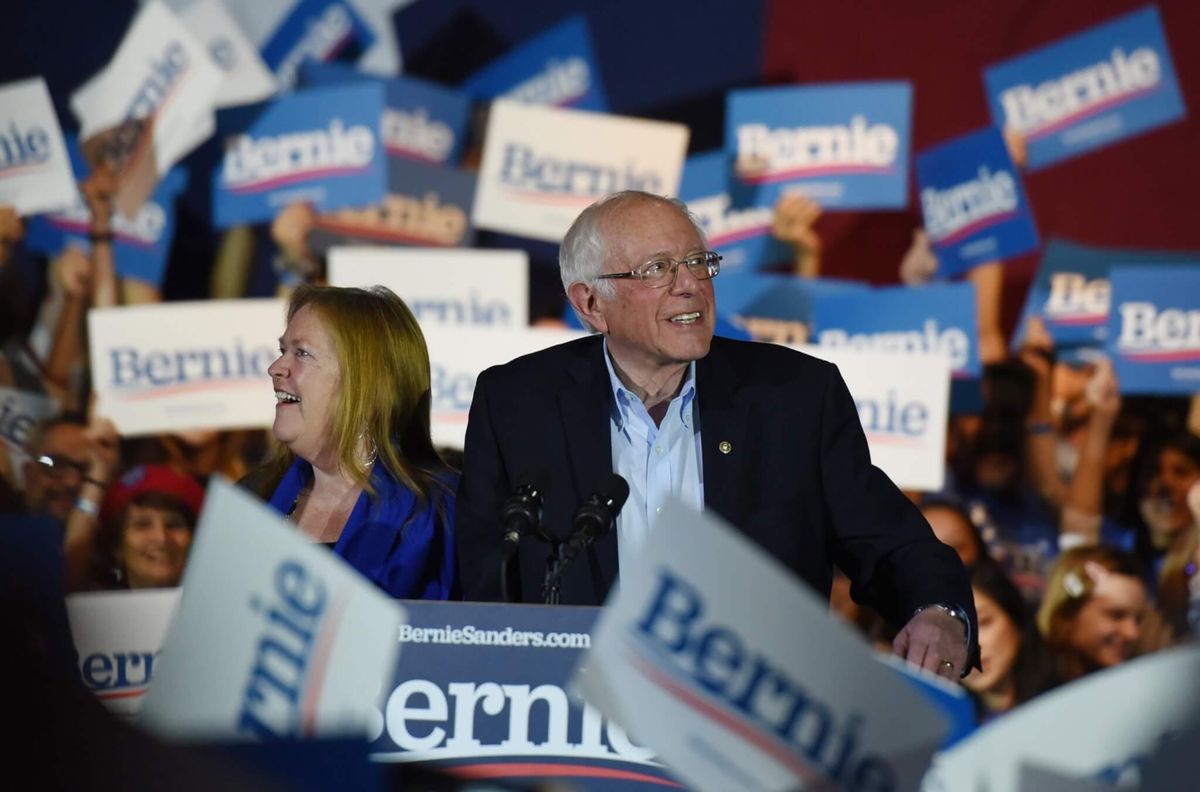
From Fringe Candidate to Front-Runner: Sanders Wins Nevada With Diverse Backers
U.S. Senator Bernie Sanders, often maligned by opponents as a liberal outsider who cannot unify the Democratic Party, won the party's Nevada caucuses by a comfortable margin thanks to a diverse coalition of supporters, according to polling agency Edison Research.
Edison, which compiles voter polls and live election results for media organizations including ABC News, CBS News, CNN, NBC News and Reuters, found Sanders won the largest share of whites and nonwhite caucus-goers.
Hispanics in particular — who account for nearly one-third of Nevada's population — loomed large in his victory as he claimed support from more than half of the Latinos attending Saturday's caucuses.
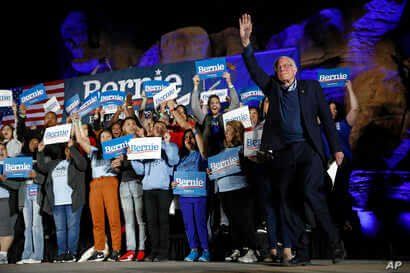
Sanders also won caucus-goers of nearly every age group. He won the largest share of women and men, including white college-educated women — a group that is expected to be especially important for Democrats to win against Republican President Donald Trump in November.
And despite a public feud with Nevada's 60,000-member Culinary Workers Union over his signature plan to replace private health insurance with a government program, Sanders won the largest share of the union vote. One of every three people who either belonged to a union or had a family member in a union said they would support Sanders.
Edison's polling also found Sanders won most of those caucus-goers who said they cared more about a candidate's stance on the issues than their perceived electability.
Here are some other highlights from the Edison poll, which was based on interviews with 2,746 Nevada Democrats, including about 1,780 as they entered early voting sites earlier in the week and another 966 on Saturday at 30 locations around the state:
** Among Hispanics, 53% said they were going to support Sanders ahead of the caucuses.
** Among African Americans, 36% said they supported former Vice President Joe Biden, while 27% favored Sanders and 18% backed billionaire Tom Steyer.
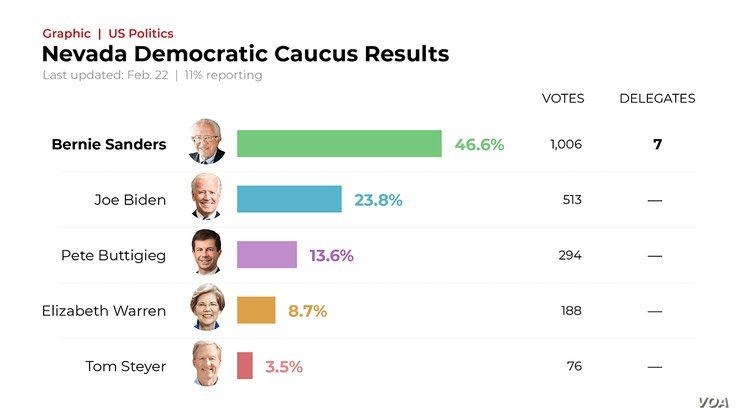
** Among caucus-goers who are members of a labor union or have family members in a union, 34% said they planned to caucus for Sanders. About one in four caucus-goers said they were part of a union family.
** 62% said they support replacing all private health insurance with a single government plan. That initiative, also known as Medicare for All, is a signature issue for Sanders and U.S. Senator Elizabeth Warren. It was criticized earlier this month by the state's Culinary Workers Union in what was seen as a boost for more moderate Democrats who are still in the race.
** 43% of Democratic Nevada caucus-goers say healthcare is the issue that mattered most to them when deciding which candidate to support. Another 25% said it was climate change, 18% said it was income inequality and 9% said foreign policy.
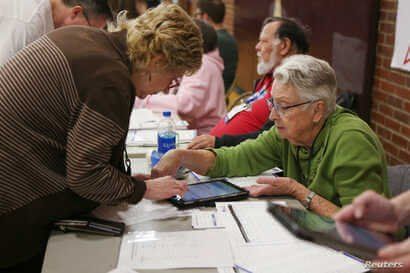
** Among white, college-educated women, 22% said they planned to caucus for Sanders, compared with 19% for Klobuchar, 18% for Warren, 17% for Buttigieg and 13% for Biden.
** Sanders had the largest share of support from caucus-goers of all age groups, except those 65 and older. Among the 65-plus group, 28% said in entrance polling that they supported Biden, 20% supported Klobuchar, 14% supported Buttigieg and 12% supported Sanders.
** 52% of those participating in the Democratic caucus were doing so for the first time. A record number of Democrats were expected to have attended the Nevada caucuses, in part because of population growth in the state and also the party's decision to allow residents to vote early this year for the first time.
** 65% say that when picking a candidate to support, they are thinking mostly about that person's electability instead of whether the candidate agrees with them on major issues.
** 66% of Democratic caucus-goers said they considered themselves to be liberal. Another 31% said they were moderates and 3% were conservative.
** Among political moderates, support was largely split among Sanders, Biden and Buttigieg, with those three candidates getting a little more than 20% each.
** Most of Nevada's caucus-goers came with their minds made up. Eighty-three percent of Democratic caucus-goers said they made their pick for the party's nomination more than a few days before the caucus.
** About half of the poll respondents were college graduates. The other half did not have a college degree.
 African Americans Alert to Social Media DisinformationNext PostSanders Easily Wins Nevada’s Democratic Presidential Nominating Caucuses
African Americans Alert to Social Media DisinformationNext PostSanders Easily Wins Nevada’s Democratic Presidential Nominating Caucuses
